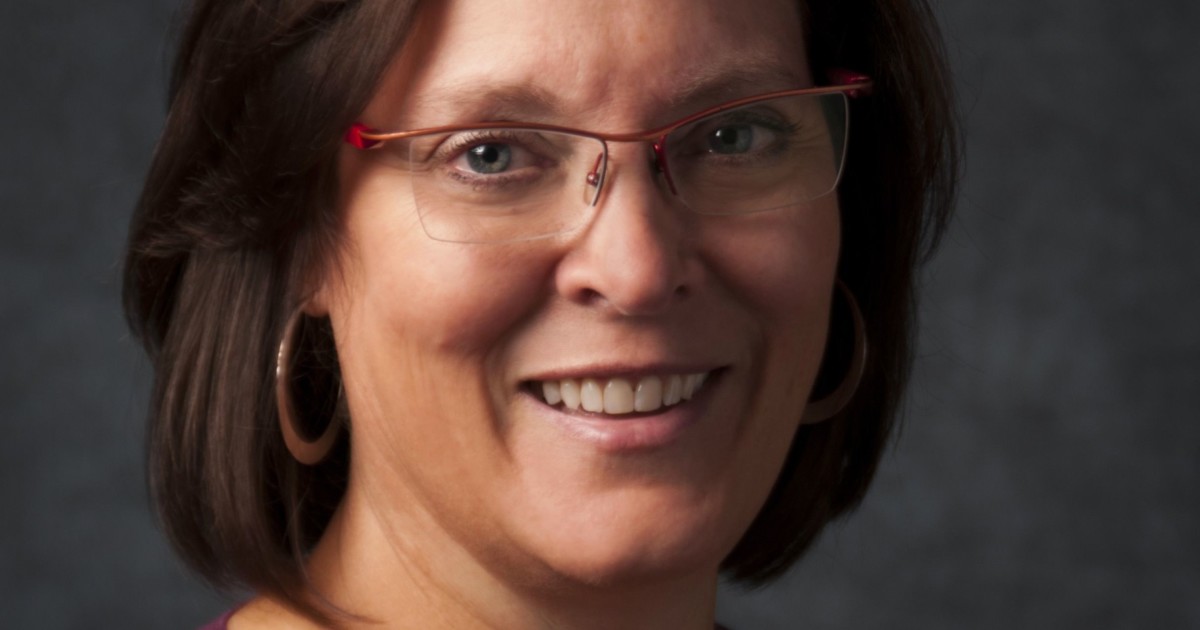In talking with Judy Platt about the wide-ranging health needs of college students, it is not surprising to learn her background is in primary care. As a practitioner of family medicine, Platt views health and wellness broadly and acknowledges the important link between one’s health and one’s environment. It is an approach that serves her well as the new Director of Student Health Services at Boston University, an urban school with 33,000 students from around the world.
Platt’s office is comprised of four departments, which, in addition to primary care, includes behavioral medicine, wellness and prevention services, and sexual assault response and prevention (SARP). There’s no doubt she has a big job. But if one of the objectives of campus health centers is to encourage students in need to show up at the door, she’s the right person to fill it. As inviting as she is earnest, Dr. Platt tells MCQ what life is like on the front lines of student health:
MCQ: You have a large purview with a number of different elements. What is the philosophy behind that?
JP: We are an integrated health center which means that care of students may be managed by primary care and behavioral medicine providers who will communicate to determine the best treatment for our students. This allows us to provide a holistic approach to the care of our students. We focus on everything from infections and injuries to non-clinical interventions like the prevention of risky behaviors and general wellness. The collaboration between all the departments to educate our students about how they can positively impact their health unifies us and provides opportunities to focus our outreach efforts.
Traditionally, when people think of their student health centers, they think of being told they don’t have mono or they aren’t pregnant. But what we do in student health is actually very unique in terms of health care provision. Where else do you find health centers doing prevention work around stress management and advocacy work around sexual assault? We are specifically and strategically tailored to meet the comprehensive health needs of students that might otherwise prevent them from succeeding academically.
MCQ: What do you think of affirmative wellness and the role that plays on campus?
JP: I like the definition of wellness as “the active process by which you make choices to maximize your physical, social and mental wellbeing.” This is where we feel we are contributing to the academic mission of the university because we are recognizing that health and wellness is an educational process. We are going to help you make choices that will maximize your physical, social and mental wellbeing and your academic pursuits will go further. We may have a student who is academically brilliant but if they are struggling with mental health needs then they may not reach their academic goals.
MCQ: What are some of your biggest challenges?
JP: One of the common themes for universities nationally is the rise in the incidence and acuity of mental health issues. When I look across our four departments and ask, “what is it that drives people to us,?” there are a variety of health issues we are seeing but stress is often coupled to many concerns. Teaching adaptive strategies to deal with stress, or providing education around self-care is something that unifies much of the work we do.
In 2013, the American College Counseling Association reported that 95% of college counseling centers saw an increase in the number of students coming in with severe psychological problems. This is a phenomenon that is not just impacting student health departments. It affects the whole university, to the level of professors who worry about students’ reactions to grades; to students themselves who cannot remain in school if they are not emotionally well. Your health and wellness impacts everything. The student health center may be where you turn when you have an urgent problem but student health and wellness is something that needs to be university-wide.
MCQ: That can’t be easy to do. What are some of your strategies?
JP: One of the things we are committed to is having really good, open lines of communication with other key stakeholders like the Dean of Students office, Residence Life, and other groups on campus that are dealing primarily with students. We are always looking to provide the community with information about what we do at Student Health.
Last year, we increased the number of health care providers in our behavioral medicine department. We also opened a satellite mental health center on our medical campus. But the big thing for us is really to think creatively, partner with other groups on campus to figure out the best way to get the message out about the importance of balance and the need to make healthy choices. We repeatedly ask “how can we reach more students in a way that is meaningful to them and at a point when they want to hear it?” Prevention means addressing something before it becomes an issue but this is a challenge. We want to make sure people are devoting time and practice to health and wellbeing but that doesn’t always happen until there’s a problem.
One new initiative we’ve begun is the Terriers Connect program – it is a training program for staff, students and faculty in recognizing and assisting a student in distress. At its core, it is a suicide prevention program. It gives you basic tips on how to talk to someone who is struggling and where to send them for help. It gives us beacons all over the community and it has the dual benefit of destigmatizing mental health issues. Even though we see an increase in the number of mental health visits, there is still a stigma so we know we’re not seeing all the people who might be suffering.
Our Wellness and Prevention and SARP departments have student peer educators and student health ambassadors. Fortunately, we have a lot of students who are interested in topics around mental health, sexual assault, health and wellness. We have over 40 students who are working to educate their peers on issues from healthy sleep to how to deal with anxiety before an exam. The less stigma, the less barriers, the better access to care.
MCQ: What about alcohol?
JP: Dangerous drinking is one the of the greatest public health problems on college campuses. Each year, millions of students experience a variety of negative consequences ranging from academic problems to personal injuries to sexual violence and increased suicide risk.
In addition to our education and outreach programming, we are working with our School of Public Health on “social norms” to provide evidence and a voice about what’s really going on in terms of alcohol use. There is this perception when you come in freshman year that everyone is drinking; everyone is using prescription study aids. That is not necessarily the case for the majority of students and it is valuable to give them this perspective in terms of real data.
MCQ: Sexual assault on campus is a huge concern. How are you dealing with this at BU?
JP: Sexual assault on college campuses is a national concern. Our SARP counselors see students who have experienced interpersonal violence of any sort and they also provide advocacy. If a student comes in who has been assaulted, our counselors work with them through a number of intersections, from examinations and counseling to reporting and legal procedures. We have a dedicated prevention specialist who oversees our SARP peer educators and ambassadors, teaches courses to incoming freshmen, and is actively involved with Step Up Step In BU (SUSIBU), which is our University’s primary sexual violence prevention program. SUSIBU is where students, faculty, and staff learn to be an “active bystander” and discuss how they can safely intervene in situations that may lead to a harmful outcome, such as sexual assault. As a community, we want to empower you to say something.
MCQ: How are you guys dealing with the consent issues?
JP: The subject of consent comes up all the time and we address it in many different ways. We discuss it in a variety of venues at our incoming student orientation and our SARP ambassador students perform skits that represent actual incidents that have occurred on campus. Our Wellness and Prevention Services department provides an entire month of creative programming in the month of February related to sexual health and the definition and importance of consent. There is also our highly attended program “Sex in the Dark” where you can ask any question about sex to an expert panel and we constantly weave the importance of consent into our responses.
MCQ: What is it about your job that most excites you?
JP: I think it goes back to the amazing scope of what we do and the opportunity we have to instill healthy habits for a lifetime at a very important and impressionable time in someone’s life. In college, we have this captive audience that’s just starting to define what their health will be. Prior to that, someone took you to your physical, someone made the food you ate for dinner. But for the first time, you are making your own health choices and establishing your own health trajectory. That’s really exciting.



